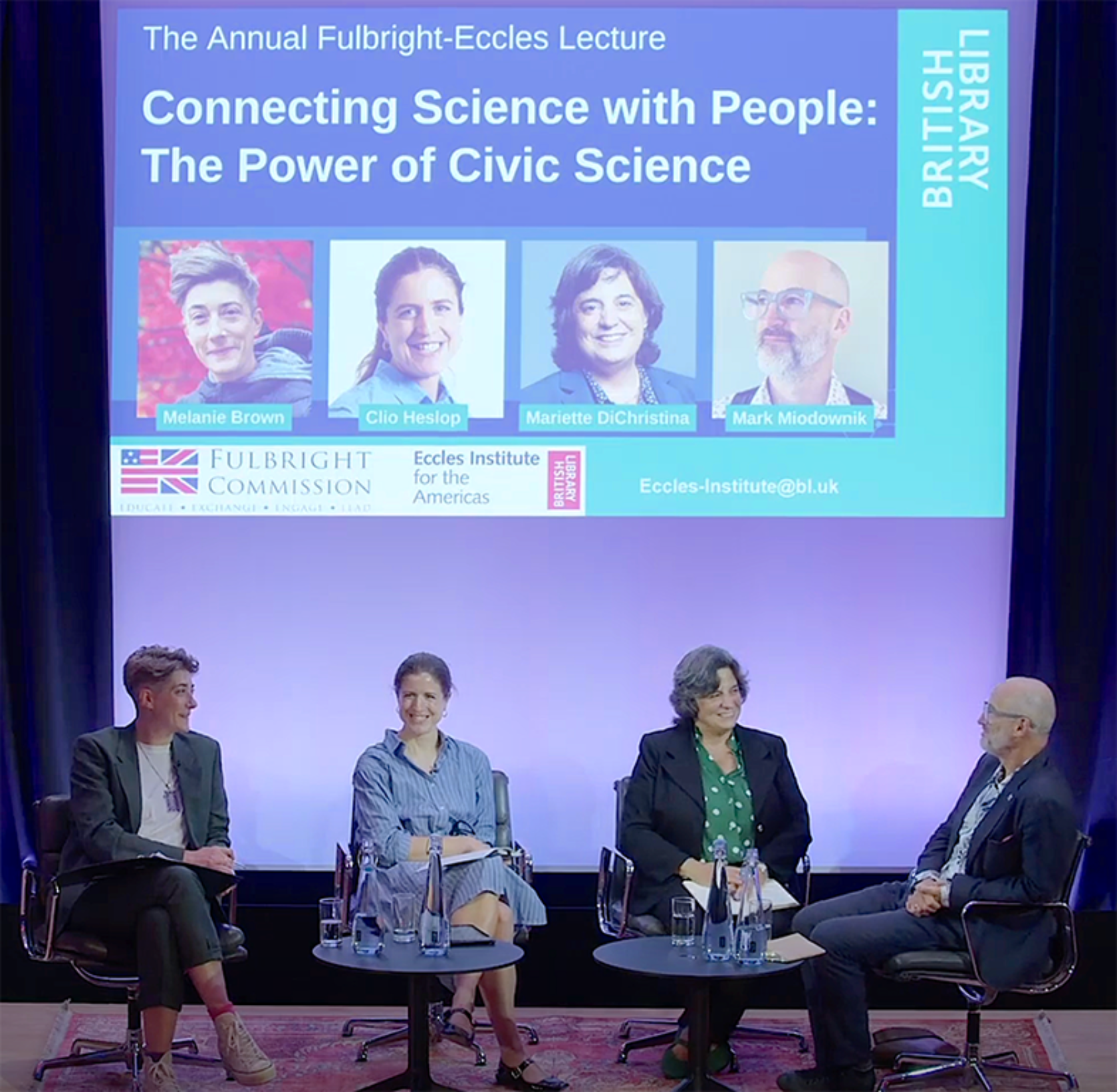
Civic Science
What is civic science?
It's a movement that aims to create more equitable dialogue and collaboration between society and science. The goal is to ensure everyone has a say in and benefits from advancements in science, technology, and innovation. Storytelling and journalism play a crucial role in developing this dialogue. I'm passionate about telling stories that make a real impact, helping people see how science intersects with their lives, and envisioning more equitable futures. As journalists, we have the power to highlight the experiences of those often overlooked in debates, especially those most affected by issues like climate change.
A key part of my storytelling mission is to amplify voices historically excluded from scientific discussions. I strive to bridge the gap between science and society through compelling narratives that inspire, educate, and empower. Ultimately, I aim to create authentic stories that promote critical thinking and foster tangible change, while also considering the media ecosystems we work within to achieve these goals.
As a Fulbright Scholar at the University of Oregon’s Centre for Science Communication Research (’22-23) I got to spend a year thinking about civic science storytelling and developing work around it, which was fascinating and rather lovely. This is what I got up to:
TEACHING & CURRICULA DEVELOPMENT: I developed a first of its kind course for journalism and science students called ‘Civic Science Storytelling’. The aim here was to contextualise this type of journalism in theory and then provide hands on lessons in media production with a civic science paradigm.
REPORTING: With a civic science mindset I focussed on the issues wildfires affecting the region paying specific attention to the community of Oakridge that had experience two consecutive years of wildfire smoke over summer. Here, I dove into the many areas of science that abut this issue; from climate attribution and fire management techniques, to reforestation and community resilience to the risks of smoke inhalation for health.
CREATING COMMNUNITY MEDIA: I created a collaboration between local Spanish language radio station ‘Radio Poder’ and the university. This involved students together with the teacher Catalina de Onis and myself working together to create science focussed content in Spanish that we thought would be if I interest and important for local Latinx communities. Our show was called ‘El Sonido de la Ciencia’ (The Sound of Science).
BUILDING NETWORKS: I spent a year talking to scientists, teachers and journalists as well as my fellow Civic Science Fellows. I ran workshops to consider themes around civic science. If you’re interested in finding more about this exciting new area of science communication then you should get in touch.
You can learn all about my work on Civic Science on this page and read about my research here.
The Fulbright fellowship was sponsored by the Rita Allen Foundation who have created a Civic Science Fellows programme and whose work is at the forefront of the Civic Science movement, you can find out more about their work here: https://civicsciencefellows.org/about/
A talk I gave at the Communicating Discovery Science Symposium in Stellenbosch, South Africa on how can comedy help make complex science more accessible?
The Infinite Monkey Cage, a BBC radio/podcast show I produce, merges science communication with humour by featuring comedians as co-hosts and panellists alongside scientists. This blend of humour and expertise aims to foster curiosity and to break down barriers to understanding, and engages wider audiences.
During my fellowship at Oregon University I fomented a partnership with local spanish speaking radio station 'Radio Poder'. Together with station director Arturo Sarmiento, my colleague Catalina De Onis and Univerity of Oregon students we created 12 weekly short science shows in Spanish.
You can find notes and contributor information for each episode here.
I co-chaired a panel event at the British Library where we discussed 'civic science', a term that is relatively unknown in the United Kingdom.
Episode 8: Whose story are we hearing anyway?
I was interviewed for this podcast series by Dr. Anna Ploszajski exploring the field of science communication.
You can read my reflections on Civil Science here, together with interviews featuring some of the amazing scientists, students and communicators I met across the year.



